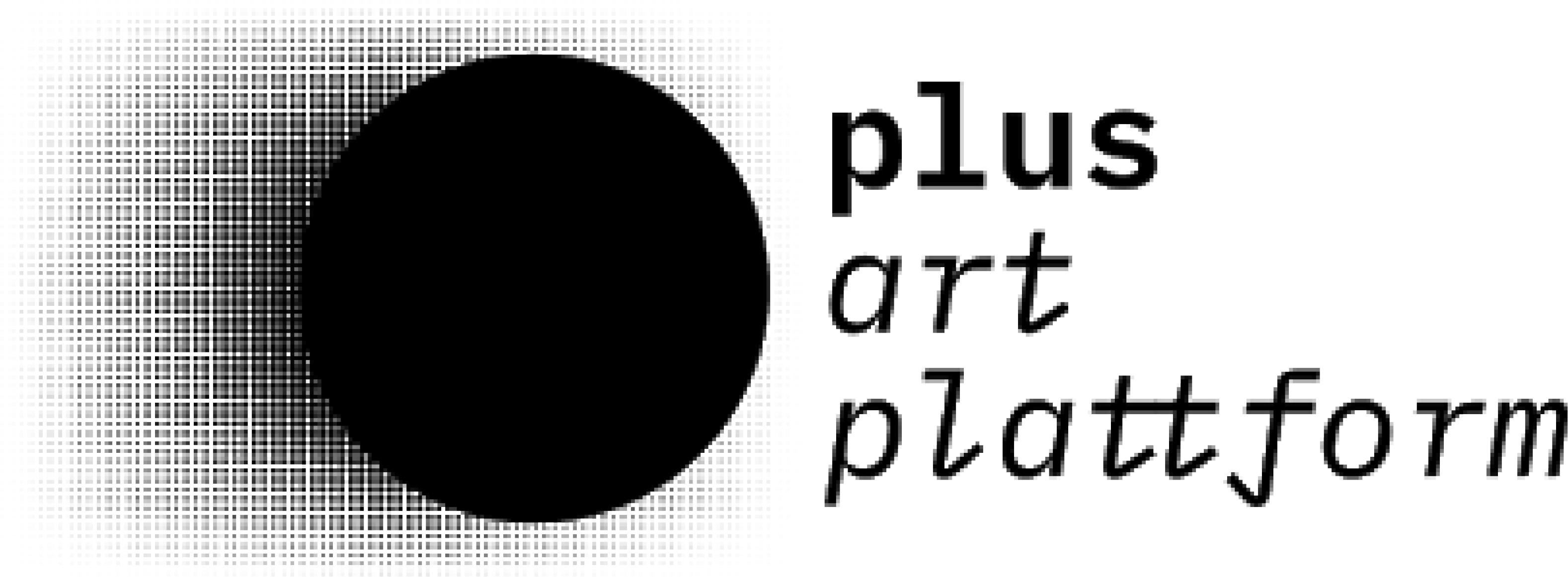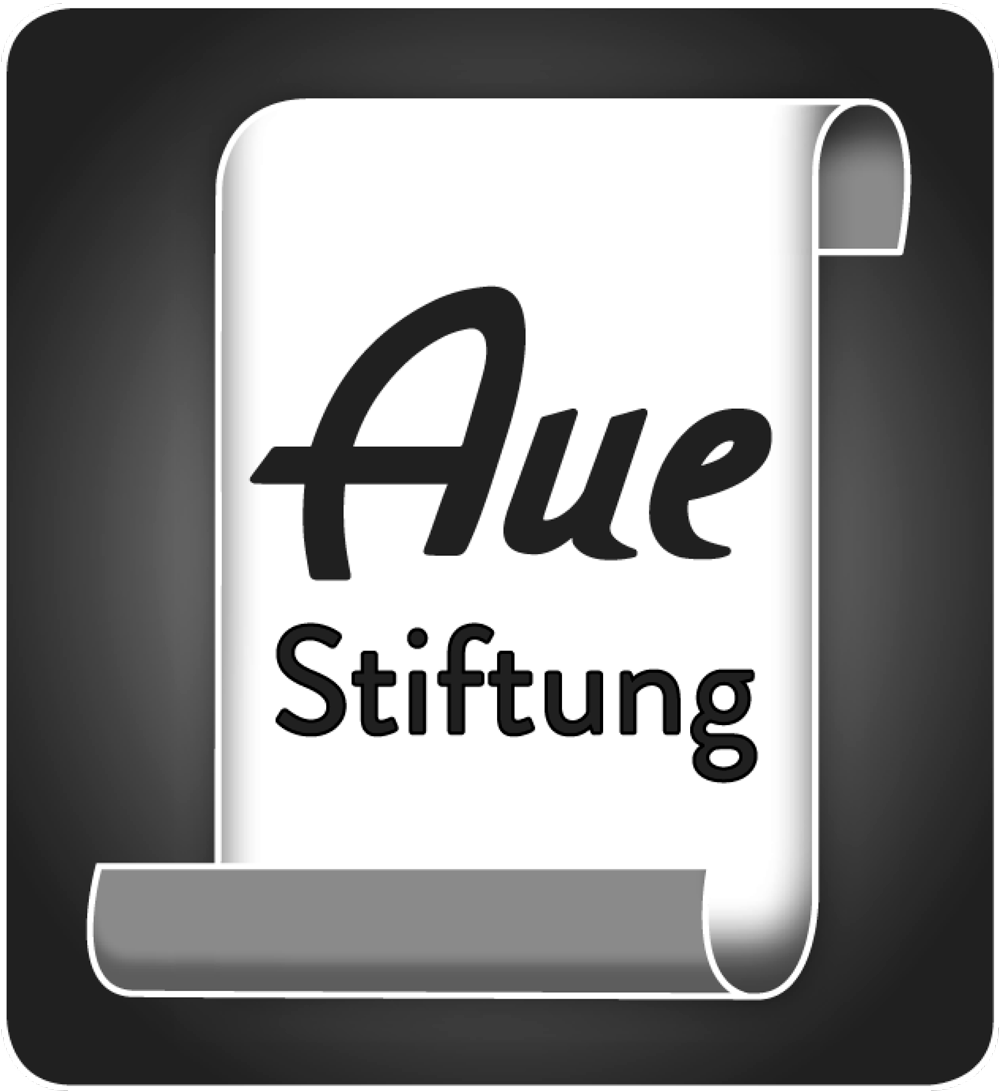These workshops were offered to state and city public school students from November 3rd to 18th, 2021, as part of the Art Triennial’s events. ColetivA ocupação [Collective Occupation] offered theater-based and creative games so we could dance and sing, tell and record our end-of-the-world needs and desires with our bodies.
We met diverse people with whom we connected via Google Meet, the digital platform we’ve been using as a work tool since the breakout of the pandemic. Despite our many limitations, we’ve managed to have a conversation through the screen and our ears. We had a first impression when we entered the room – it was a school library with large, round tables and black chairs; most people still had their backpacks on… We asked them to stand up, to take their bags off and relax; after that, we continued to meet until November 18th, with other six schools; rooms nearly empty because classes were resumed early, despite the imminent breakout of Sars-CoV-2 (coronavirus) and its variants. We were scared and afraid of the same space which had once been a source of learning during our 12 years of school, and we were able to have exchange experiences at the theater, the TV room, the library, the courtyards… We’ve built an understanding of schools and streets. And conveying that on the screen through dancing and expression exercises brought us closer to one another.
We did the exercises we had learned during the creation process of “Quando Quebra Queima,” [When it Breaks, it Burns] at Casa do Povo, when things were still like “please, only invite me to a Revolution in which I can dance.” That piece was part of a festival called Performando Oposições [Performing Oppositions], whose themes were fights, insurrections, and rebellions led by the nation’s outcasts and rebels. It was about simultaneously connecting with the soil, the deep ocean, river streams, our forests, and the school, having the notion of what separates us from entirely different experiences and where we found the solution to balance our encounters. At those moments, we were free to know and touch our hair, talk about them, search and understand our roots, our strands, our colors, our heads, our Ôrí and Ôgí, realizing that each feature is a planet, a multiverse of many other specks of dust.
We were able to connect with the soil. We’ve always wanted to bend down together and connect with the floor and the asphalt with our hands and fingers. Before running very fast, one must first put one’s hand on the floor and bend one’s buttocks up. That is how we create the foundation to remain on our feet as we become balanced and out of balance in different angles and positions.
Breathing is the right word for these days because we have somewhat unsettled weather, low humidity, or clean air; as stability was low, we needed to breathe even more; the exercises had to be light as we couldn’t get too tired.
We chose to have a breathing exercise thinking about sore spots, and we had to be careful when stretching and massaging, turning our bodies on by giving them a good shake, pressing our fingers against our hands, toes, legs, bellies, buts, arms, heads, ears, necks. Each part of our bodies must be soft and warm so that our blood can flow, and when it is time to jump, run, dance, or breathe again, we will feel our bodies’ warmth.
We connect with circular movements, vortex, wormholes, and black holes while walking and spinning, emerging in the spaces assigned to us. We have anthill-like connections, where we express and organize ourselves to have food during the winter. Our mission was to establish a theater-based exchange with them and create paths in a room and various screens, always making discrete, circular, often shy, and sincere movements that are synonyms of provocations and jokes, understandings and doubts, talks and laughter, dancing and racing, jumps and squats. The days were cold; two shirt- and two sock-connections, walking home, walking to school, walking to the room, walking to the computer, walking in this city, seeking to understand the movements of people on the streets, trains, buses, markets, parties that are taking place somewhere, in the theater and life rehearsals, the Sun scene. I can no longer think; there are these stalemates in my mind these days; it is hard to memorize and remember things. These words and descriptions remain in my mind, together with other versions, if I begin to remember vaguely.
“Memórias e visões, lembranças e ideias” [Memories and views, memories and ideas], accounts by Alvim Almeida Silva Junior, actor, performer, and art-educator of coletivA ocupação.
December 5th, 2021, 3.15 pm





